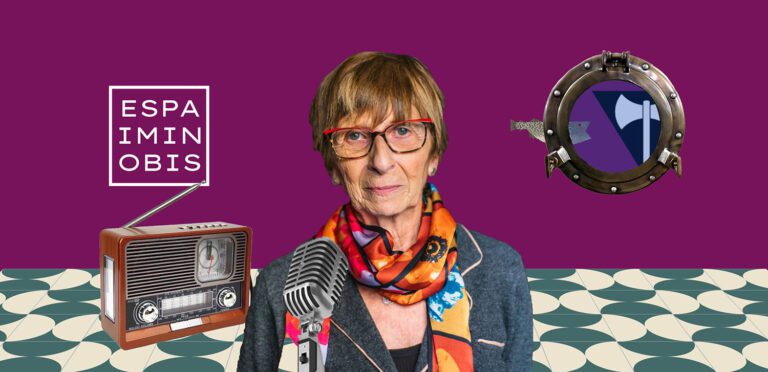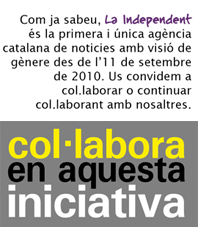
OPINION
Men and violence regarding sports
These last days, media have highlighted the violent fights between the supporters of two Spanish football teams in the sorroundings of the Calderon Stadium in Madrid, with the result of a man being killed with cruelty.
This case has reopened the debate on violence around sporting events, especially football.
But this media attention is disproportionate when compared to that given to other types of violence. For instance, the 59 women victims of male violence throughout 2014 have not deserved from media, not even remotely, a similar treatment. Could this be because, in this case, both the victim and the perpetrators are men?
In any case, we had to arrive to a murder case for all the alarms to be finally activated. I read these days in newspapers that in Argentina they have already reached the 300th person dead in football stadiums. The great reporter Ryszard Kapuscinsky had already written a book, “The Soccer War” (Yale, 1992), so to narrate the five-day war between Honduras and El Salvador national football teams in 1969, following two football matches between them. Similar cases can be remembered throughout Latin America. As for Europe, we shall keep in mind the Heysel Stadium tragedy in Brussels, in 1985, where 39 football fans resulted dead and 600 more wounded on the occasion of the Champions League final.
It is clear that, in a society where inequalities and injustices are increasing, this structural violence finds its way out in sports events. This is mainly manifested through verbal and psychological violence in stadiums, but it can also become physical. But, beyond that, the vast majority of gang members reproducing this violence, “bars” or “peñas” (groups of football fans) are men. Examples of them are the groups “boixos nois” the “ultrasur” the “Frente Atletico” ones, etc. If girls show up, it is always a secondary role. Besides, these groups have a hierarchical organization, often dressed in with totalitarian ideologies and symbols.
We are refering, therefore, to a socialization involving violence, typically masculin, full of allusions to the male genitalia and to virility of combat (“go and get ’em!”). We can hear insults, directly adressed to football players and referees, which are homophobic (“fag”) and misogynist (“son of a bitch”). Female sports are marginalized and hardly get any media attention (despite the triumphs they have recently achieved). This macho violence associated with football is the basis of the iceberg, whose peak is physical violence. Traditional masculinity is then learned within these groups that are based in the principle of “exclusive fraternity.” Within the group, all dressed similarly (with the colors that identify us in the shirt, scarf or hat or even painted on the face), uniformed as in the army, we lose our subjectivity. We form a block, an “us” versus “them”.
These days we are discussing a lot about what to do to prevent this type of violence. We talk about strengthening surveillance and repression. We need to. But this is not enough. We need to dismantle all this social learning. We have to build alternative non-violent masculinities. We need ducational campaigns to teach us, especially boys, how to manage frustrations in a creative and prosocial way. We need elite football players to show other ways of being a man in media. Sports clubs must recover humanistic values and solidarity. That sport may mean an explosion of celebration and not of aggressiveness and violence.




